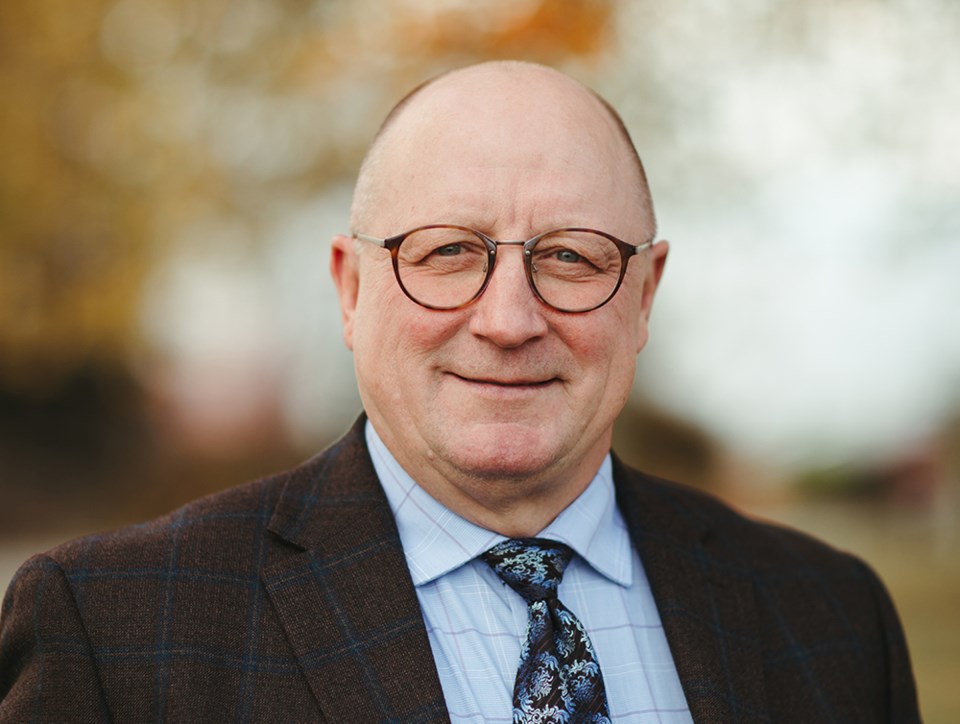qathet Regional District directors have voted to invite a representative from the law firm Young Anderson to present to the regional board on the topic of forums, plus open and closed meeting requirements.
At the May 1 regional board meeting, directors considered a motion brought forward by Electoral Area B director Mark Gisborne, who said for those who attended the recent Association of Vancouver Island and Coastal Communities (AVICC) convention, there was an excellent session conducted by Joseph Scafe of Young Anderson. Gisborne said he had also been watching a City of Powell River meeting where there was a lot of discussion around community-to-community-to-community (C3) meetings, which also include Tla’amin Nation.
“There were some questions about what is legal and what is not legal,” said Gisborne. “There has been a lot of confusion in the community and a lot of contention. [Scafe’s] presentation was really good and maybe it would be beneficial to have a similar presentation at a public meeting, where we can all get a good understanding of what is the difference between a forum, an open meeting and a closed meeting.
“It’s a motion about a lawyer and a public session, but I don’t think it’s going to be getting into any kind of specifics around what our regional district is doing with Tla’amin. It’s about how we all get a good understanding, and the public gets a good understanding, and that way we can move forward collaboratively. That’s why the motion also includes the City of Powell River Council and Tla’amin Nation Executive Council to be invited to attend.”
Gisborne said the hope is there can be fruitful discussion and that the three governments can move forward with working collaboratively with communities.
Electoral Area E director Andrew Fall asked if there was funding in the budget for the presentation.
Chief administrative officer Al Radke said there was legal fee funding that could be appropriated.
City director George Doubt said it was a great session with Scafe at AVICC and there were many local delegates at the session, showing great interest.
“The lawyer knew what he was talking about and made a great presentation,” said Doubt. “It’s important to point out that he said he was not giving legal advice. If we want specific legal advice, we will have to get it in other ways.”
Electoral Area C director and board chair Clay Brander said he had concerns over costs. Radke said he would find out what Scafe’s schedule was like. Brander asked if Radke would come back with some idea of what the session would look like. Radke was agreeable.
Electoral Area A director Jason Lennox said this is where the regional district should be leveraging the provincial government on its commitment to support some of these meetings.
“I encourage us to speak up and say this is where you can help us,” said Lennox. “I do support the intent. If it improves our knowledge, I support it.”
The board carried a motion to direct staff to invite Scafe, and present to the board on the topic of forums, open and closed meeting requirements, specifically related to the context of intergovernmental gatherings between municipalities, regional districts and treaty First Nations. The motion also stipulated that City of Powell River Council and Tla’amin Nation Executive Council be invited to attend.
Join the Peak's email list for the top headlines right in your inbox Monday to Friday.


